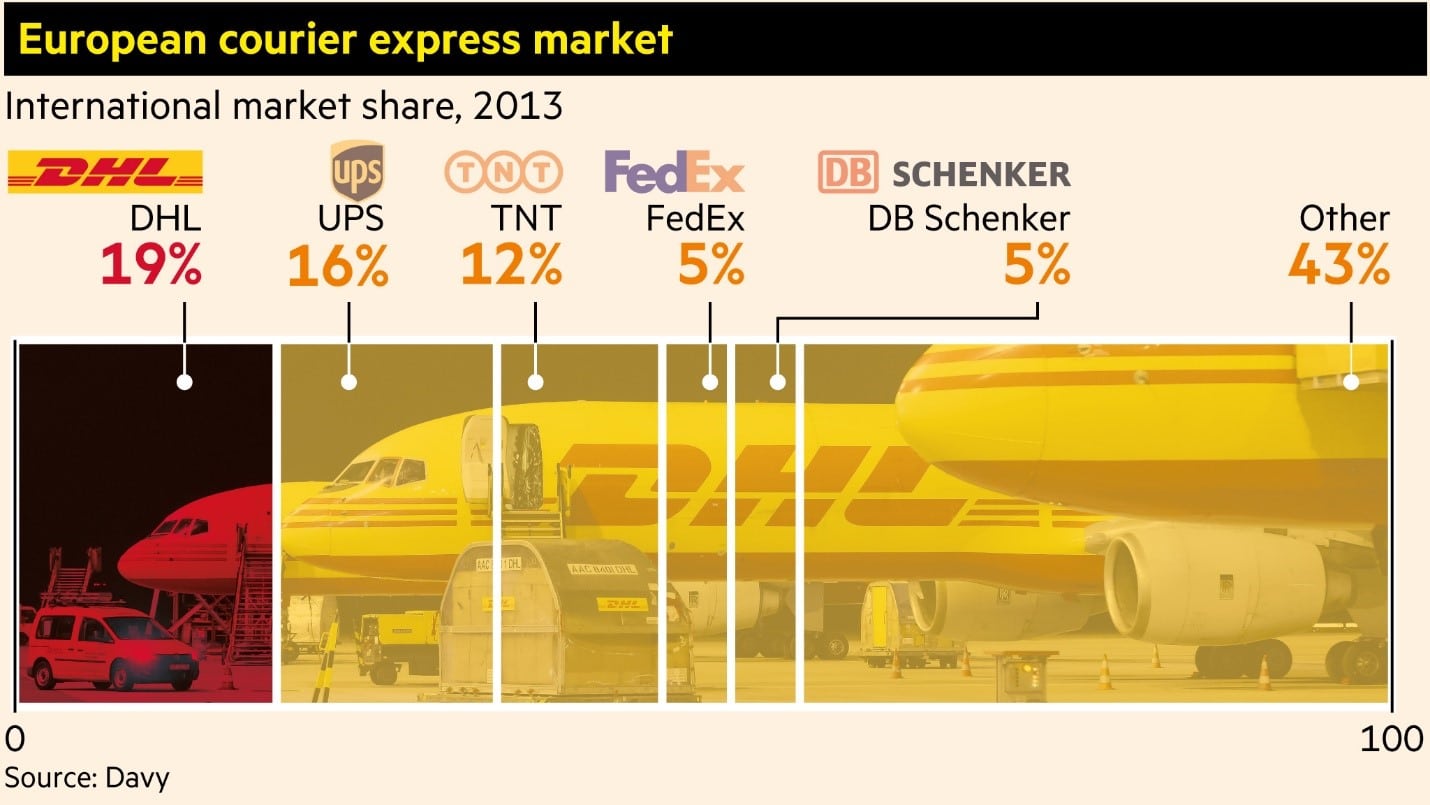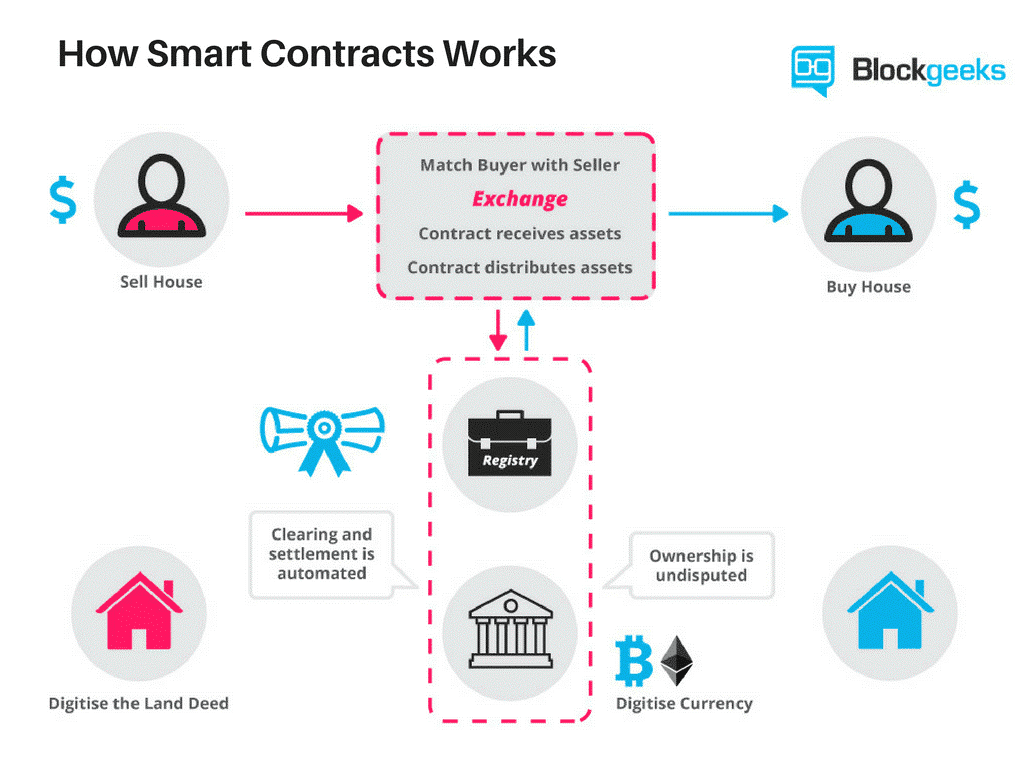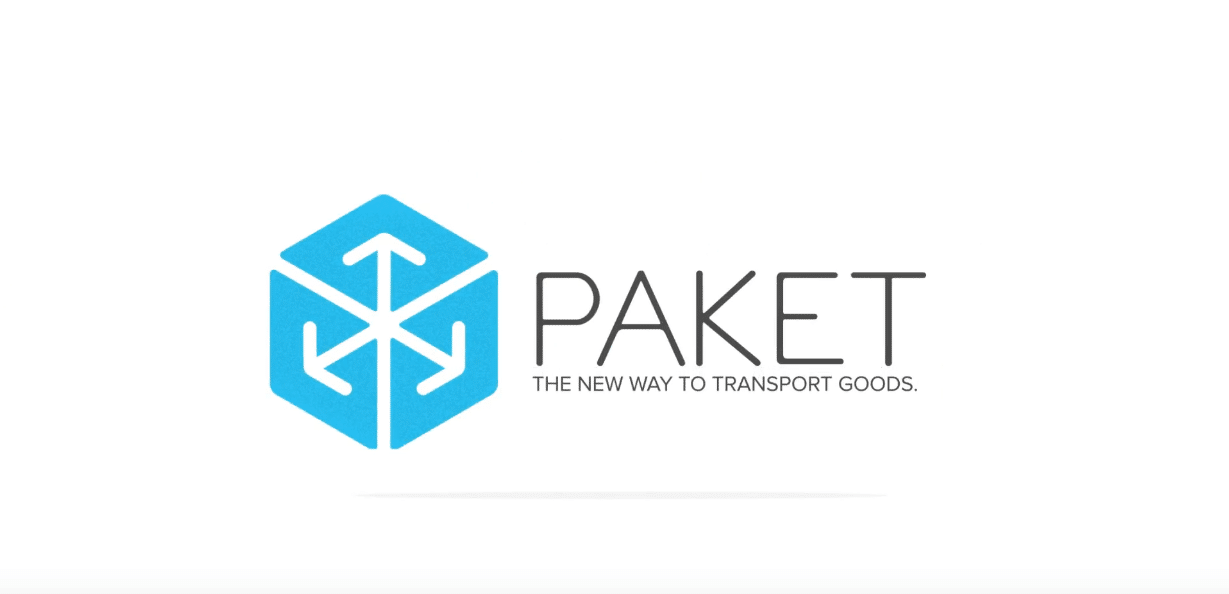The over $300 Billion parcel delivery industry is being overhauled into becoming a more efficient, convenient and secure network consisting of the collaborative participation of service providers.
The Industry Today
Today’s courier and logistics industry consists of independent companies that participate in the conveyance of goods across the globe. This protocol usually employs different transportation companies that are peculiar to a specific range of distances. While these processes function to connect different entities and their modes of transportation, the waste, and limitation involved in terms of cost and service delivery give us something to think about.
Quite understandably, most of the activity within the parcel delivery industry occur at the final stages. Local deliveries are usually very intricate and complicated and the competition at this level attracts a lot of wasteful procedures that are prone to inefficiencies.
On the whole, factors such as trust issues, non-accountability, and absence of adequate security of parcels leave the existing systems with a lot of weaknesses. Therefore, by introducing a decentralized network for parcel delivery services, PAKET is rewriting the mode of operation and taking care of the various limitations that are associated with the global logistics industry.
Maximizing Individual Specializations
With a multi-layered cryptographically secure protocol that is powered by blockchain technology, PAKET makes it possible for the regular joe down the road to collaborate effectively with biggest of the shipping companies around effectively without needing an intermediary. This introduces a whole new dynamic to how parcels are delivered across the globe by taking all the usual ways to transport goods and connects them into one ultra-efficient fully decentralized network.
This new protocol does not throw away the existing delivery platforms. Rather it connects them efficiently, allowing every party to concentrate on their own area of specialization without relying on any central authority. Not only that, it further extends the opportunity to new and amateur service providers who want to participate, especially at the local level of parcel delivery.
The platform tokens fuel the network cooperation in a very transparent and accountable manner that eliminates the need for middlemen, as all the monies go directly to the people that are actually doing the work. Consequently, this reduces the costs that are usually transferred to the end-users that amount to waste as mentioned above.
This creation opens up the industry completely, offering unlimited opportunities to individuals or organizations, professional or casual, dedicated or opportunistic participants who seek to provide service at any level of the delivery network while getting paid in the process.
This introduces a decentralized and open market, thereby eliminating systemic inefficiencies that are practically unavoidable in the current, existing delivery market. This results in the creation of faster, cheaper and more effective ways of transporting goods.
Smart Contract Eliminates Trust
Trust and efficiency are key elements that enhance decentralized networks. The underlying BUL token that powers the PAKET protocol enforces a smart contract that governs the network. Hence, delivery fees between senders and courier services are stored in virtual escrow and are either paid when the parcel is successfully delivered, or refunded if it’s not completed before the deadline.
In essence, the blockchain decentralized governance system of PAKET introduces a transparent and auditable delivery network protocol that allows for unrestricted participation of different level of players across the globe. This offers a new delivery chain ecosystem that improves the quality of services of the existing protocols, and creates room for fresh participants to enter into the market without any difficulties.
By enabling a collaboration that accommodates the various levels of participants in the industry, bringing them to work together in a trackable and transparent chain, the shortfalls of the current systems are overcome. Such shortfalls includes exaggerated payments due to commissions of middlemen and the increased risk of loss of parcels due to non-synchronization of participants among others.
The transportation of goods across varying distances has become a fundamental aspect of the socio-economic existence of humankind. Enhancing this system by introducing more efficient technological elements will go a long way in simplifying delivery processes.
With PAKET”s protocol which establishes trust and cooperation among participants, it is expected that the already huge market of about $300 Billion in capital will experience even more expansion as services are bound to improve in quality.
If you are interested in even more business-related articles and information from us here at Bit Rebels then we have a lot to choose from.



COMMENTS